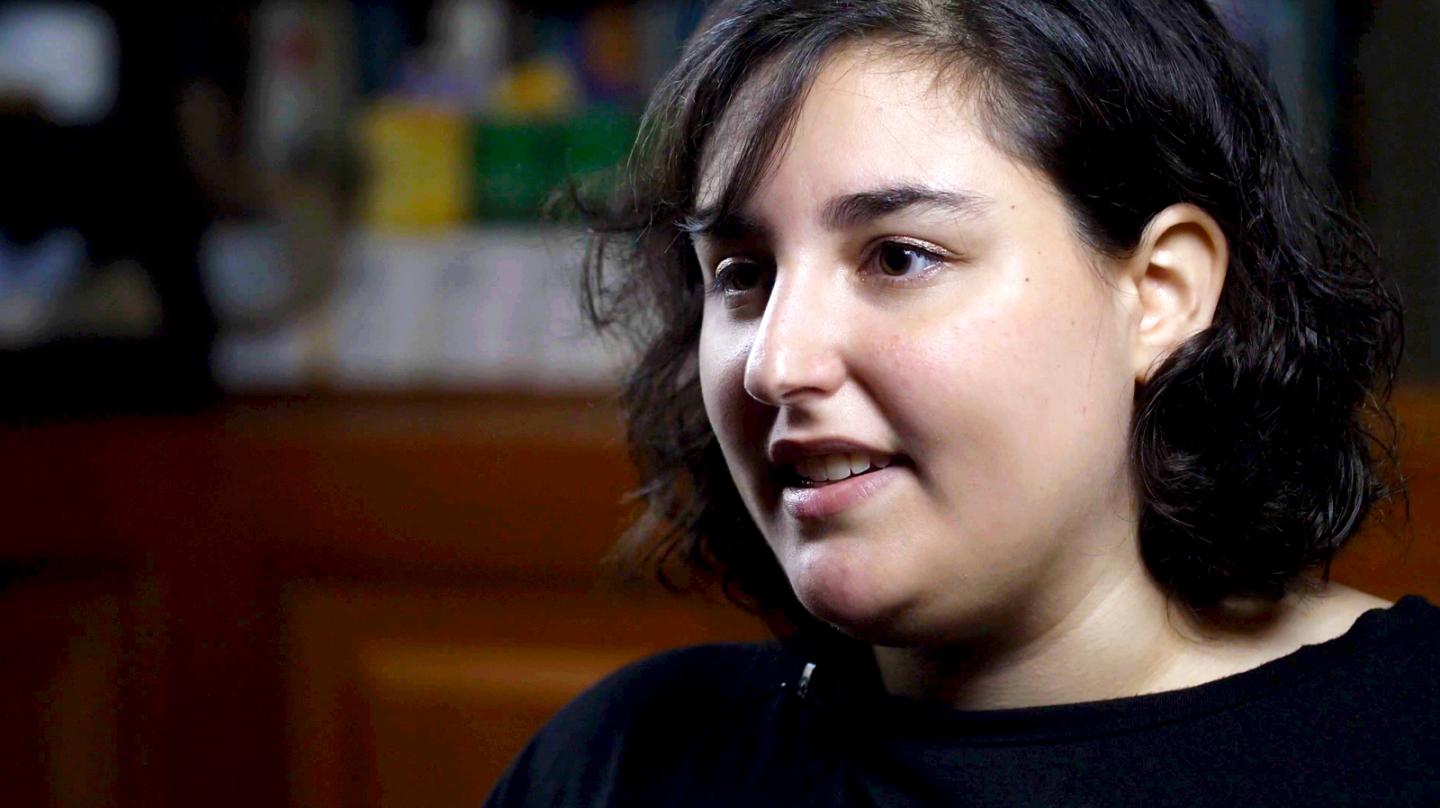
“They're always my support channels and they've been so helpful through everything, really making me feel like Columbia is a place where I belong.”
Nicki Felmus CC’18 came to Columbia College in search of an academic challenge.
“When I was looking at colleges I wanted to be somewhere that was very academic and very focused in the studies,” she said. “That was what I definitely got at Columbia.”
Of course, she’s found so much more in her first three years on campus. From Richmond, VA, Nicki majored in American studies and education at the College and wants to become a teacher. She is actively involved with a student-run think tank — the Roosevelt Institute — and served last summer on the committee for the New Student Orientation Program.
Yet, despite her eminent qualifications for becoming a Columbia student, she said, initially, her biggest challenge on campus was the feeling that she did not belong here.
As a first-year, late-night talks with fellow students with the same idea about themselves helped as well.
But it was nearly another two years before a real turning point happened. After her sophomore year, she decided to join the orientation committee for the program delivered in the fall of 2017. Coordinated by the Undergraduate Office of Student Life, the program gave Nicki the opportunity to spend much time planning activities with office staff members, specifically Aaron and Andrew.
“I really felt supported and it had nothing to do with academics,” she said.
“They’re always my support channels and they’ve been so helpful through everything, really making me feel like Columbia is a place where I belong.”
The act of reaching out and getting involved is vital, she said, not just for her for but for any student.
“I would say for finding clubs and activities, try everything,” she said. “Finding the people that share the same passions with you and doing things with them is super important.”
Nicki said the key thing to remember is that the activities and support services don’t come knocking on your residence hall door.
“You have to make the first effort and reach out. But once you reach out, everyone is willing to help you.”
Nicki disputes the notion that asking for help is a sign of weakness. It is just the opposite.
“It's actually a really big point of strength to ask for help, because it shows that you understand yourself and you know who you are and that you are confident.”